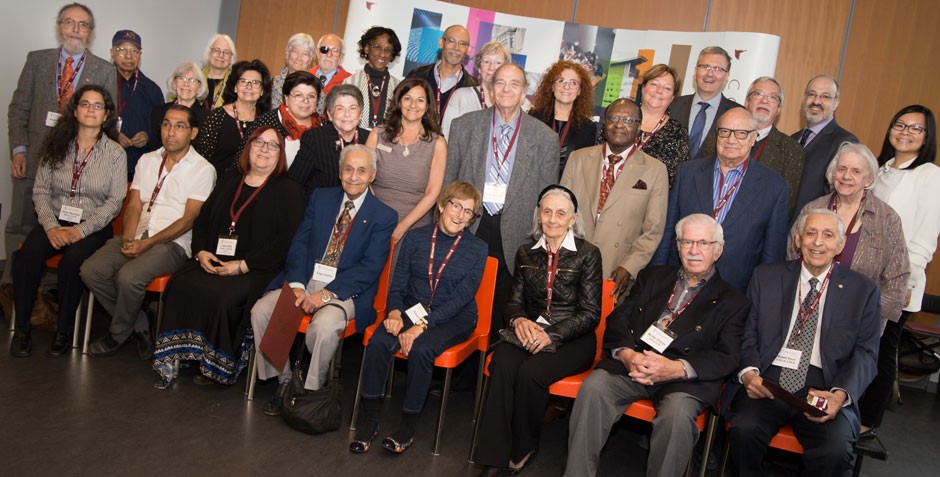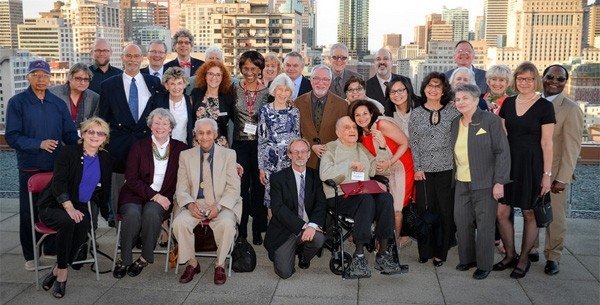Your legacy. Their future.
We can answer your most frequently asked questions and can explain your options, show you how to capitalize on opportunities available under tax laws to making the arrangements and prepare the paperwork.
Yes! First of all, make sure that Concordia is aware of your bequest. If you have made—or plan to make—a bequest to the university in your will, we invite you to become a member of the Concordia Heritage Society, which has been established to recognize you and promote the importance of planned gifts.
If you are a Concordia graduate, were enrolled at Concordia or are a member of a Concordia graduate’s or enrollee’s immediate family, you can give directly to the university and use the Concordia donation receipt when filing your U.S. income tax return.
A gift everlasting
An endowment is a gift, made in your lifetime or bequeathed in your will, which provides a never-ending source of income to Concordia University. It differs from other types of contributions in that it remains actively invested, allowing the university to draw on it in perpetuity. Financial support is drawn from the income generated by the initial donation and allocated according to the donor’s specifications. The principal remains untouched.
An enduring tribute
Each endowment carries the name of the person or persons for whom it is established. An endowment is a very special and meaningful way to create a permanent remembrance for a loved one, or ensure that your own long-term philanthropic goals will be fulfilled. Funds are used solely for the purpose designated.
As a Planned Giving donor, you join an exclusive group called the Concordia Heritage Society.
Established to underscore the importance of planned gifts to the university and recognize the generosity of donors, the Concordia Heritage Society hosts periodic gatherings for supporters of higher education.
Concordia Heritage Society
As a Planned Giving donor, you automatically join the Concordia Heritage Society, a group of dedicated donors who have committed a planned gift to our students and researchers.


Established to underscore the importance of planned gifts to the university and recognize the generosity of donors, the Concordia Heritage Society hosts periodic gatherings for supporters of higher education.

